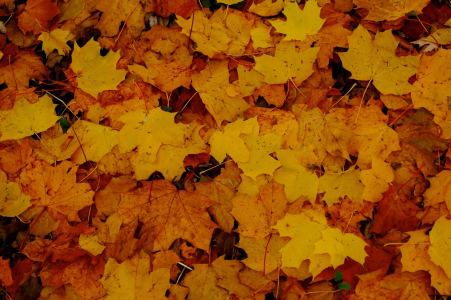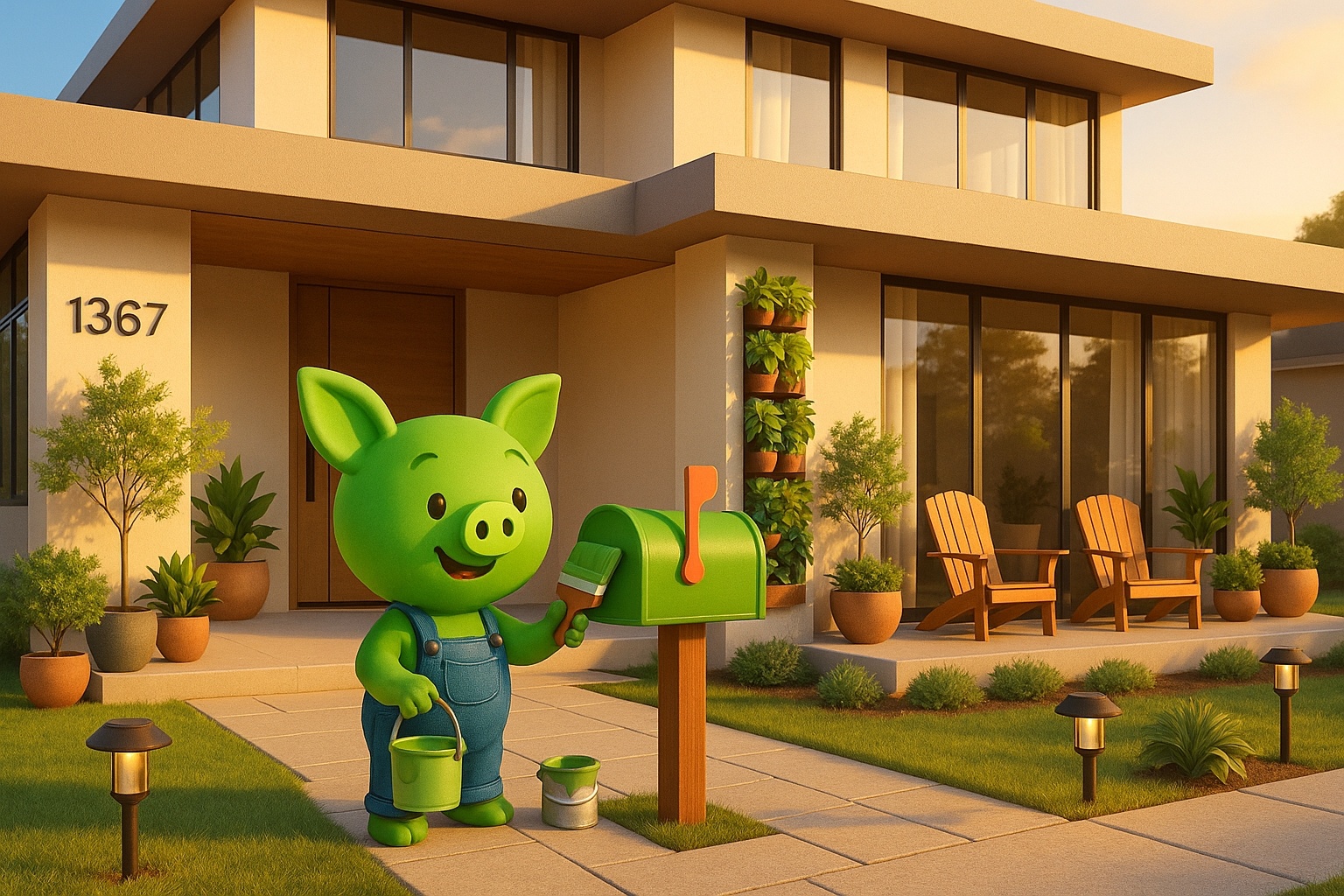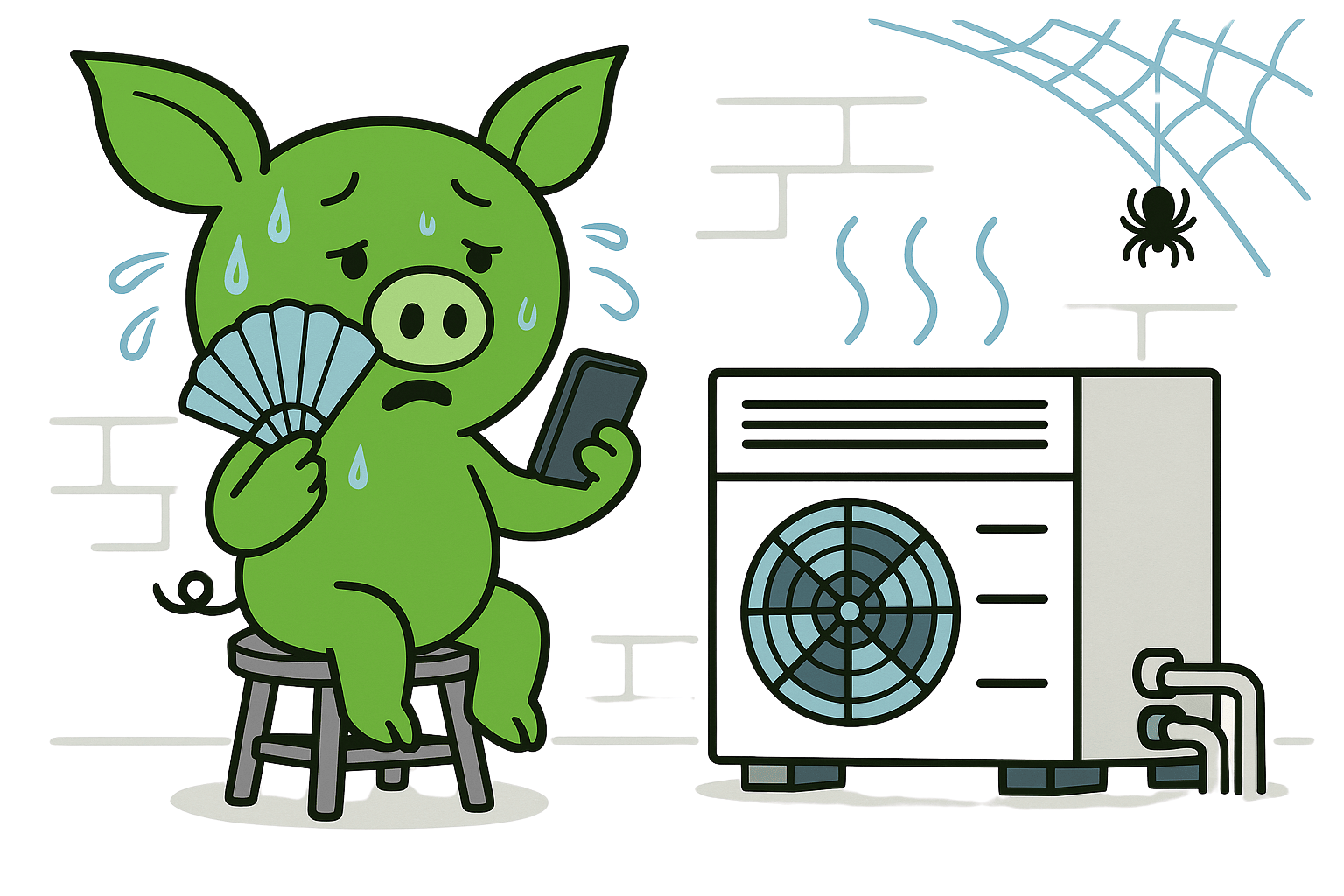10 Sustainable Winter Garden Prep Tips: Protect Your Plants and Soil for Spring
As the seasons change and the temperatures drop, prepping your garden for winter is an essential task to ensure your plants’ health and success in the next growing season. By incorporating sustainable gardening practices, you can protect your plants, nurture your soil, and reduce your environmental footprint. Here are 10 eco-friendly winter garden prep tips to help you transition your outdoor space into a sustainable oasis, ready to thrive come spring.

1. Clean Up the Garden Responsibly
A tidy garden in winter sets the stage for a healthy growing season, but you can clean up sustainably without contributing to waste.
- How to Clean Sustainably:
- Remove dead or diseased plant material to prevent pests and diseases from overwintering.
- Shred fallen leaves and use them as mulch or compost them to enrich your soil naturally.
- Eco-Tip: Avoid burning plant debris, as it releases harmful carbon emissions. Instead, check out EPA’s composting guide for proper techniques.
2. Prune Perennials with Precision
Pruning promotes healthy regrowth, but timing and technique are key.
- How to Prune Sustainably:
- Cut back perennials after they go dormant. Leave 2-3 inches above the ground for certain plants to protect their roots.
- Research specific plant needs to avoid stunting growth. For example, ornamental grasses and seedheads can be left to provide habitat for wildlife.
- Eco-Tip: Collect seeds from annuals and perennials to save for next spring or share with neighbors via local plant libraries or community gardening networks.
3. Mulch for Insulation and Weed Control
Mulching is one of the most sustainable ways to protect your garden during winter.
- Benefits of Mulch:
- Protects plant roots from frost by insulating the soil.
- Reduces soil erosion during winter rains.
- Suppresses weed growth, reducing the need for herbicides.
- How to Mulch Sustainably: Use organic materials like shredded leaves, straw, bark chips, or compost. For added guidance, check out The Spruce’s guide to mulching.
4. Protect Tender Plants
Frost-sensitive plants need extra care to survive the winter.
- Tips for Frost Protection:
- Cover plants with burlap or frost cloth for insulation.
- Add a thicker layer of mulch around their bases to keep roots warm.
- Eco-Tip: If you’re unsure which plants are frost-tolerant, resources like Garden.org can help identify and protect your species.
5. Divide and Transplant Perennials
Dividing overcrowded perennials in fall gives them room to thrive next season.
- Benefits of Dividing:
- Promotes healthier growth in spring.
- Provides an opportunity to share extra plants with neighbors or community groups.
- Pro Tip: Check out your local Facebook gardening groups or plant libraries to participate in sharecycling—a sustainable way to rehome extra plants.
6. Test and Amend Your Soil
Winter is a great time to improve your soil’s health and fertility in preparation for spring planting.
- How to Test and Amend Soil:
- Use a soil test kit or send samples to USDA Cooperative Extensions for analysis.
- Based on results, add organic amendments like compost, aged manure, or leaf mold to enrich your soil naturally.
- Why It Matters: Healthy soil reduces the need for synthetic fertilizers, improving plant health and sustainability.
7. Winterize Irrigation Systems
Water systems are vulnerable to freezing temperatures, so winterizing them is essential.
- Steps to Winterize:
- Drain irrigation lines and disconnect hoses to prevent freezing damage.
- Store hoses indoors or in a dry shed.
- Clean and empty rain barrels to prevent cracks.
- Eco-Tip: For step-by-step instructions, check out Better Homes & Gardens’ winterization guide.
8. Protect Container Plants
Potted plants are more vulnerable to cold since their roots are exposed.
- How to Protect Them:
- Move containers indoors, into a garage, or to a sheltered spot.
- Raise pots off the ground using bricks or pot feet to prevent freezing.
- Wrap pots with bubble wrap or burlap for added insulation.
- Pro Tip: Make a list of sensitive plants and schedule their care through Pigybak’s app, which connects you with local experts for personalized guidance.
9. Keep Composting Through Winter
Just because it’s cold doesn’t mean your compost pile has to stop working.
- Winter Composting Tips:
- Add kitchen scraps, garden waste, and shredded leaves in smaller pieces to encourage decomposition.
- Cover your compost pile with a tarp to retain heat and prevent excess moisture from winter rain or snow.
- Eco-Tip: Learn how to optimize winter composting with EcoCycle’s composting tips.
10. Plan Ahead with Pigybak
If winter garden prep feels overwhelming, Pigybak is here to simplify the process while supporting sustainable practices.
- How Pigybak Helps:
- Connects you with local landscapers for mulching, pruning, and irrigation winterization services.
- Coordinates with neighbors to bundle services, reducing costs and emissions.
- Offers a filter to find contractors committed to eco-friendly gardening practices.
Download Pigybak now to prepare your garden sustainably while saving time and money!
Why Sustainable Winter Garden Prep Matters
Conventional garden prep often involves heavy resource use, from synthetic fertilizers to excessive water consumption. By transitioning to eco-friendly gardening methods, you can:
- Reduce Waste: Composting and mulching transform garden debris into valuable resources.
- Conserve Water: Proper mulching and irrigation winterization prevent water waste.
- Support Biodiversity: Leaving seedheads and ornamental grasses intact provides habitats for beneficial insects.
- Lower Your Carbon Footprint: Teaming up with neighbors through Pigybak minimizes emissions from contractor travel.
Conclusion: A Greener Garden Starts Now
Preparing your garden for winter doesn’t have to be overwhelming—or wasteful. By following these 10 sustainable winter garden prep tips, you can protect your plants, improve your soil, and contribute to a healthier planet. From mulching and pruning to composting and community sharing, there are countless ways to embrace eco-conscious gardening this season.
Want to make garden prep even easier? With Pigybak, you can connect with local professionals, coordinate eco-friendly services with your neighbors, and ensure your garden is ready for a vibrant spring.
Start your sustainable gardening journey today—download Pigybak and let us help you make greener choices, one service at a time.


